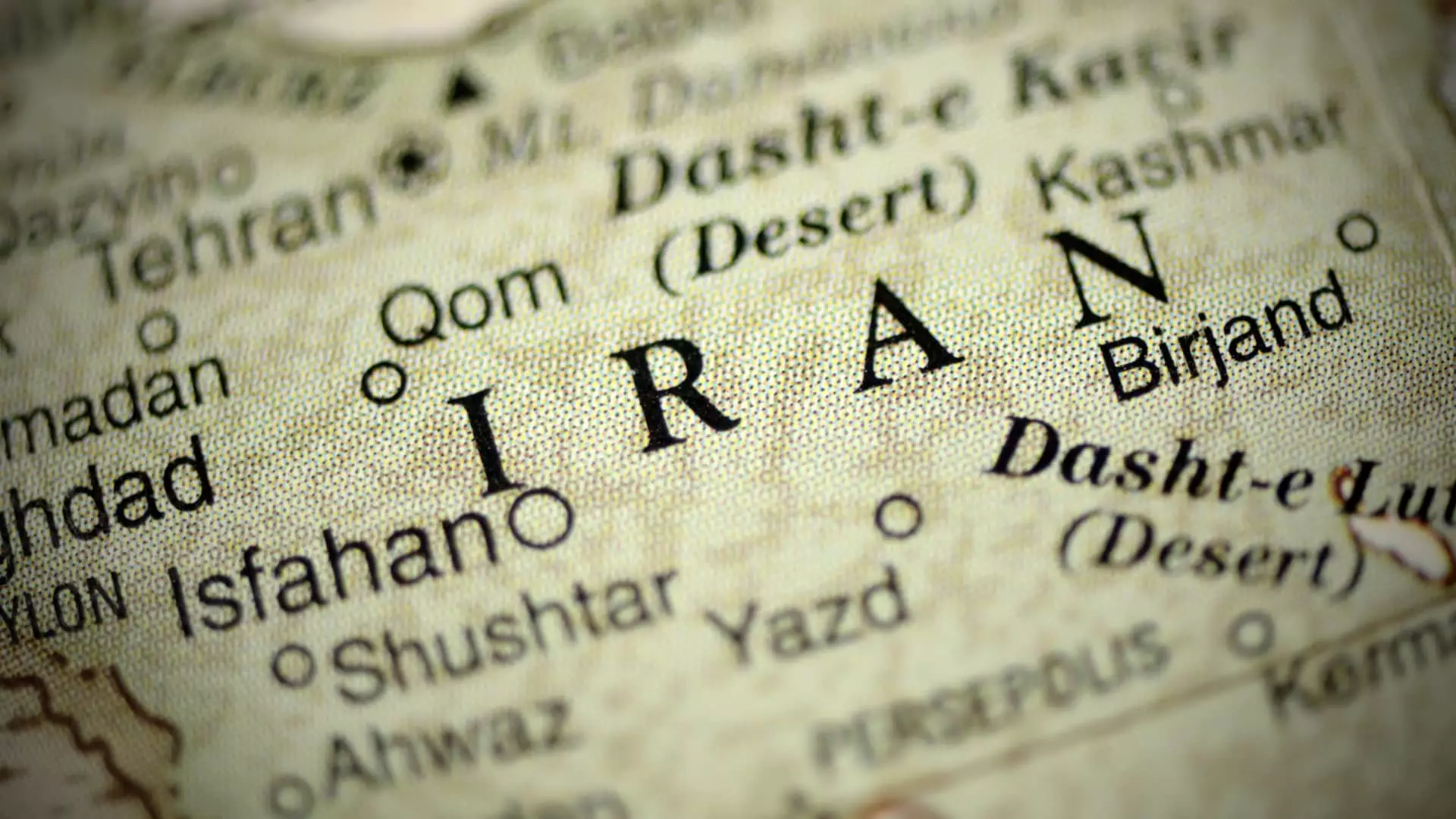The geopolitical landscape of the Middle East has long been characterized by tension, conflict, and power struggles, none more so pronounced than the recent hostilities between Israel and Iran. Following Iran’s missile attack on October 1st, which they claim was retaliation for Israel’s military incursions in Lebanon and the assassination of key figures like Hamas leader Ismail Haniyeh, the stage is set for a response from Israel that could have significant ramifications not just for the involved parties, but also for regional stability.
Iran’s missile barrage, despite its intent to demonstrate military strength, appears to have caused minimal physical damage to Israel. Nonetheless, the psychological impact of such attacks is substantial, suggesting that Iran is willing to intensify its military strategies to safeguard its interests against perceived Israeli aggression. The attack was not an isolated incident but part of a broader narrative that paints Israel as the aggressor in a conflict that has deep historical roots. Such provocations prompt a calculus within Israel’s defense establishment on the appropriate level of response, weighing military action against geopolitical consequences.
U.S. officials have indicated that Israel’s planned retaliation is likely to focus on Iranian military and energy infrastructure rather than nuclear facilities or targeted assassinations. This restraint suggests a strategic decision aimed at avoiding further escalation or potential international backlash. Still, the clouds of uncertainty loom large; U.S. officials confirm that Israel has yet to solidify its response plan or timetable. This hesitation speaks to internal deliberations and operational security concerns, underscoring that decisions made in the heat of conflict often require careful thought due to their long-term implications.
Israel’s military readiness is reported to be at a high state, indicating that when a decision is made, action could be swift. However, the lack of clear communication surrounding the timing of a response creates an atmosphere of anxiety and speculation, suggesting a precarious balance between readiness and prudence. The strategic landscape is complex; each move bears the weight of potential escalation into broader conflict, including a wider confrontation that could involve other regional actors.
The United States, maintaining its role as a key ally to Israel, is observing closely and has engaged in diplomatic dialogue to urge caution in the planned retaliation. U.S. Secretary of Defense Lloyd Austin’s discussions with his Israeli counterpart, Yoav Gallant, reflect ongoing cooperation but also indicate a mutual recognition of the need for proportionality in Israel’s military response. The U.S. call for restraint highlights the potential risks of collateral damage, particularly concerning civilian infrastructure like oil and gas facilities, which, if targeted, could provoke further Iranian retaliation and destabilize the region even further.
Important diplomatic ties are evident in President Biden’s conversations with Prime Minister Netanyahu, where the focus extends beyond immediate military concerns to encompass humanitarian issues in Gaza and Lebanon. This approach signifies a broader U.S. interest in crafting not just a military outcome but a path toward long-term peace and stability in the region. The partnership is marked by a shared understanding of the complexities involved, particularly with Iran posing a dual threat both directly and through proxy forces in neighboring countries.
The present situation encapsulates a critical moment in Middle Eastern geopolitics. Israel’s imminent response to Iran’s provocations promises to test its military strategy, diplomatic relations, and commitment to regional stability. As the dynamics unfold, international observers remain wary, understanding that the consequences of miscalculation on either side could lead to a cycle of violence with grim implications. The playbook going forward will hinge on measured responses, strategic foresight, and a commitment to prevent escalations while safeguarding national interests. How Israel navigates this fraught landscape will undoubtedly shape the future of its security and relationships in a volatile region.



Leave a Reply